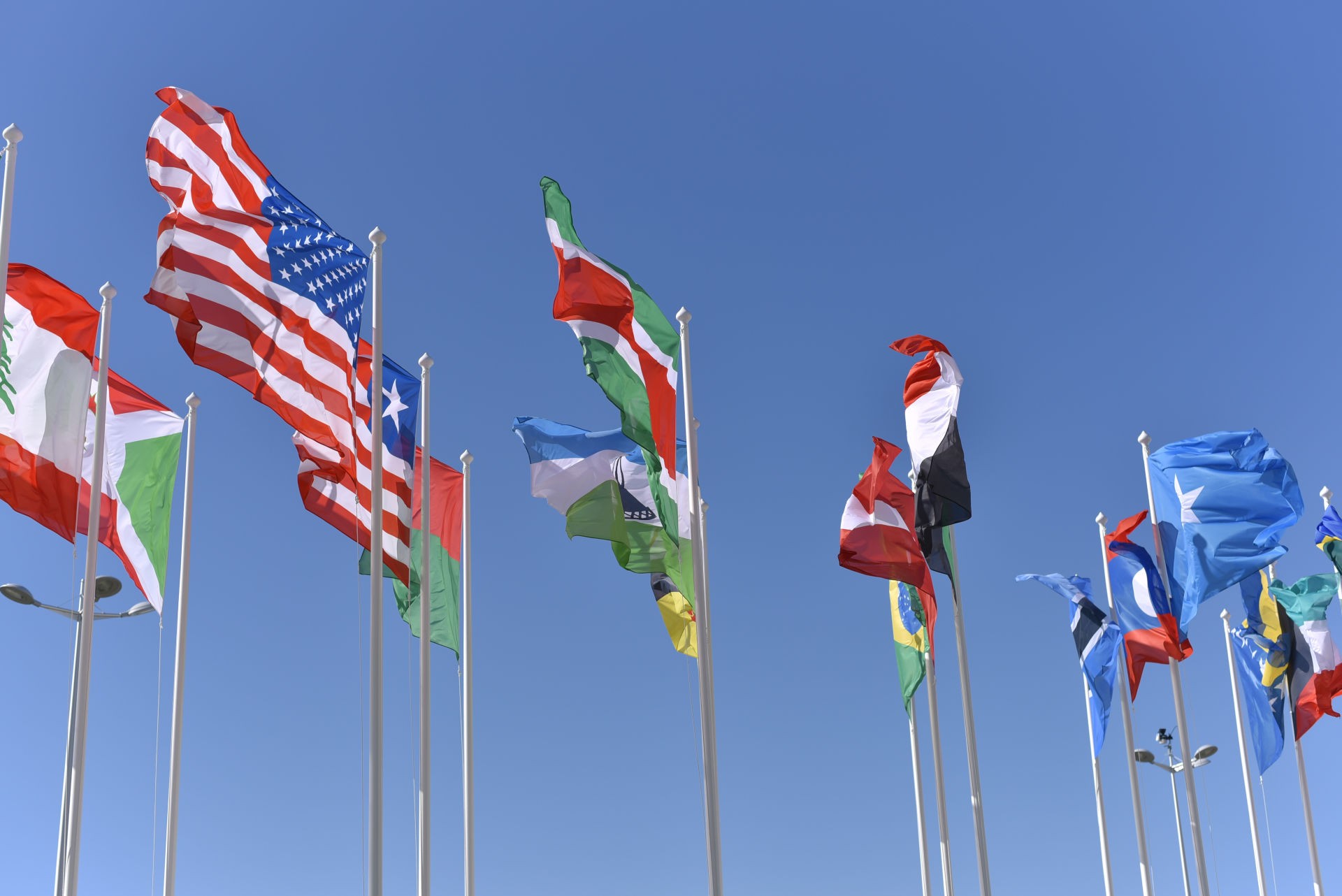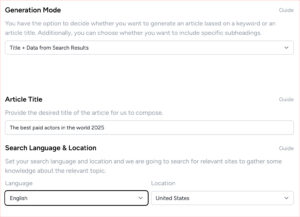You probably already know how difficult it is to keep Google happy, so what happens if you want to make your site multilingual? How can you make sure that your content that is written in another language will rank as high as your original content?
To get a better understanding of this, we need to look at the way that Google deals with translated content on multilingual websites.
Is Translated Content Duplicate Content?
Having duplicate content on your site is heavily looked down upon by Google, meaning that your Google rankings will take a severe hit. So, if you have the same content translated into a range of different languages, will Google see it as duplication?
Thankfully, the simple answer to this question is no. This is because when a piece of text is translated into a different language, a lot of the text changes, meaning that you get unique content.
However, before you happily go and open Google Translate or some other translation software, you need to know that this is only the case if you get your text translated by someone (hint hint) who is fluent in the language you want your text translated into.
This is because translation software available on the internet will not necessarily change wording and grammar, creating “new” content. This software will instead swap every word for the closest word in the dictionary and Google, unfortunately, will consider this to be bad content at best, duplication at worst.
But doesn’t Google want us to use their translation software?
Google has spent a lot of money over the years on improving Google Translate, but it is the last thing that they want you to use when translating your content.
It’s true that Google Translate is probably one of the best translation software out there, but it is FAR from perfect. It’s okay if you want to translate a few words or a sentence or two, but using it to translate large chunks of text will result in a mass of words that people will struggle to read and understand. Google is all about premium quality and will recognise poor sentence structure or grammar.
The Importance of Keyword Research
A lot of multilingual site owners make the error of sending finished content to a translator. That’s okay, but the keywords in the original might not be as effective in a different language. This means you need to research specific keywords for every language on your site.
Once again, it would be much better to speak to a translator when you are planning on new content, not when it’s finished. Getting into a habit of doing this will save you a lot of time and effort in the long run.
To translate or not to translate
So, the long and the short of it is that Google treats translated texts no differently to English content, as long as it’s top quality. If you make sure to put the time and effort in, you won’t have to worry about being penalised by Google. So please do not let the idea of being penalised by Google put you off from creating that multicultural site that you have been dreaming of.
If you’re after top quality translations, Topcontent can help! Contact us to get a quote from us today!
Watch this video from Google Webmasters:






